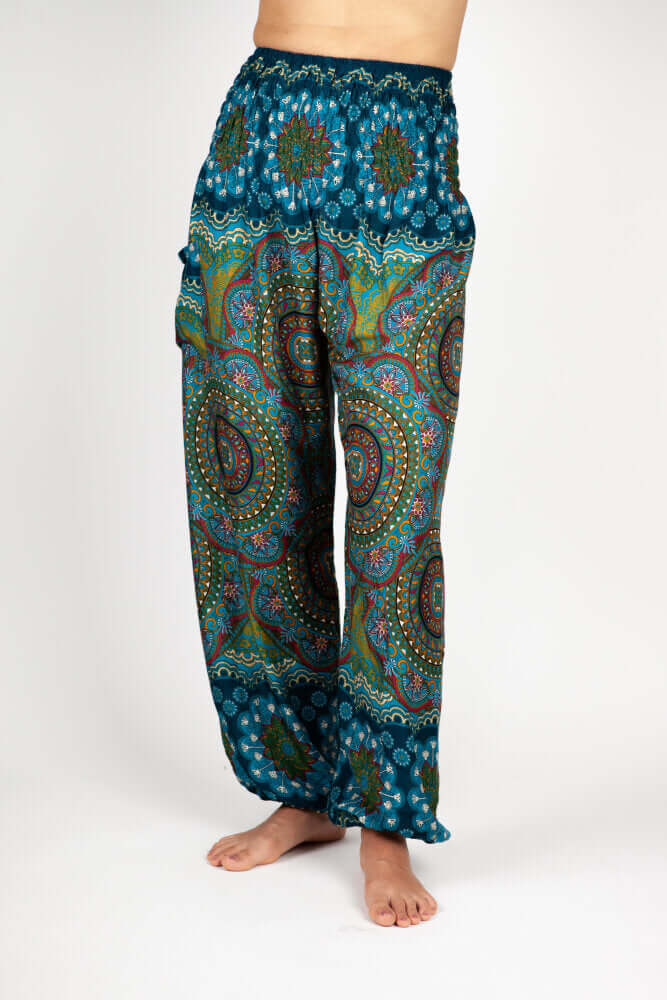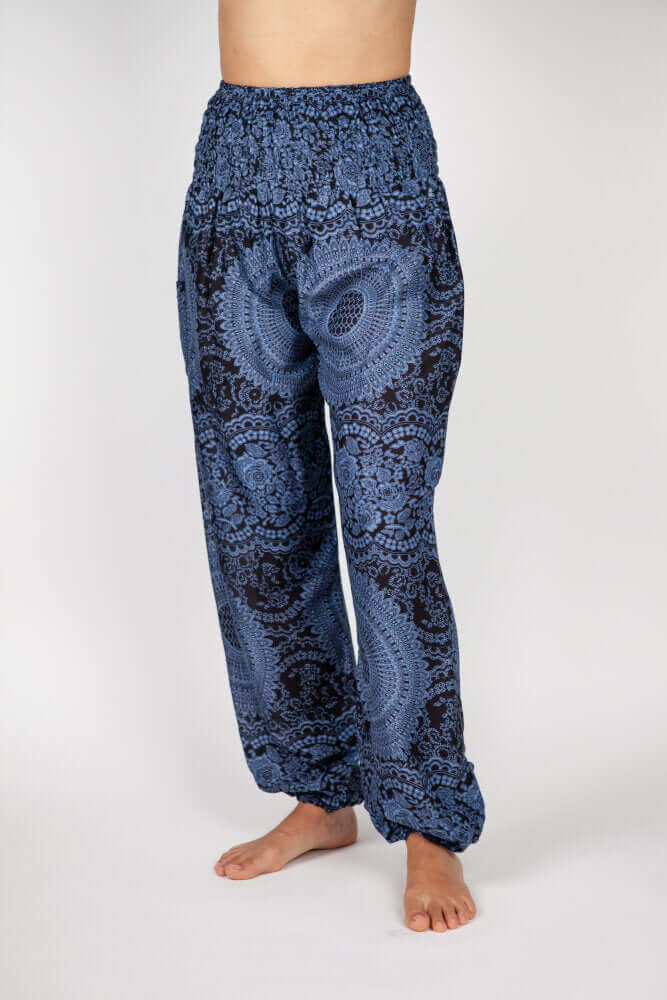
Inhaltsverzeichnis
About evaluating and not assessing
How often do we go really How can we approach a situation without judgment? Don't we always have certain ideas or prejudices? Perhaps it's a good thing to be biased. But why, then, is value-freedom one of the main pillars of mindfulness?
When we start observing our thoughts, we quickly notice that we are constantly evaluating and judging. "Do I want this?" "Is this good or bad?" "Is this helpful to me?" "I really don't think your behavior is cool right now..." This goes on all day long. It can be truly frightening. The good news is that we all do that. And psychologically speaking, it actually makes sense.
The filter in our brain
Every second, thousands of pieces of information enter our brain. There, they are processed, and we experience them in the form of thoughts or sensations. However, the brain cannot process every single piece of this information in detail, because our brain capacity is limited. Therefore, it filters the incoming information: important information is presented to us, unimportant information is filtered out. This is a very sophisticated system and highly efficient for us.
For example, our brain tells us, "Watch out, someone is walking toward you." This information is transmitted to our muscles, and we evade, for example, taking a step to the left. What exactly this person looks like or what they're wearing is only partially processed—precisely because there are more important things at that moment. This representation is, of course, simplified. But it illustrates how we perceive things.
Each of us has this built-in brain "filter." But which information is filtered and to what extent varies from person to person, at least up to a certain point. What does all this have to do with evaluations?
How reviews help us
Evaluations develop through experience. If I've taken a taxi three times in my life and had a pleasant chat with all three drivers, I'll most likely form the general opinion that taxi drivers are "nice people." If you've had other experiences, different opinions emerge. Our brain "categorizes" our impressions. Things that occur frequently together are also remembered together more quickly. Thus, associations are formed. For example, if you think of a cow, you just as quickly think of "white," "milk," "meadow," "calf," etc.
So, our brain's evaluations are essentially just meant to make our lives easier. If it analyzed and weighed everything neutrally, everything would take much longer, and we wouldn't be able to focus on what's important. Stereotypes and prejudices make it easier for us to assess situations so we can act effectively. That these evaluations make us biased and less open-minded is another matter entirely.
What constant evaluation does to us
We seem to have an opinion about everything. And most of the time we are deeply convinced that our opinion is the right one. But not only explicit Opinions (attitudes and values, for example) are evaluations. Implicit evaluations usually occur quickly and automatically, without us really being aware of them.“The window seat is better than the seat at the middle table,” “That man in the suit looks totally arrogant,” “That shirt is awful, how can anyone wear that?” These are all thoughts we have, but usually don't even notice because they disappear so quickly and are triggered automatically.
We don't even question most of our assessments—explicit and implicit. They're part of our autopilot mode, and we think them over and over again.
This makes us more withdrawn, more self-confident, and less open to other opinions. And this is precisely where mindfulness comes in.
How value freedom helps us to be more mindful
Value-freeness in the context of mindfulness doesn't mean not judging at all. As you can probably imagine, that wouldn't be possible. Moreover, our opinions, attitudes, and values are part of our personality.
Here, value-freedom means much more than just not immediately falling prey to your own judgments. Not giving them power, but simply letting the situation be, without any judgment of your own.
Here’s a little anecdote from my studies:
Once, a seminar focused on behavioral observation. Observing behavior is useful and common in several psychological contexts, but especially in diagnostics. As an exercise, we were asked to describe the behavior of a fellow student. We quickly realized how difficult it is to describe behavior objectively, without judgment. "He has a sad expression on his face. His body is hunched forward; he seems very tired."
The expression "sad" already contains a judgment. An objective observation would be to say that the corners of his mouth are turned down, that there are tears in his eyes, or that he is frowning. The statement "He seems very tired" is also not objective. "Seems" implies a judgment. What exactly does "very" mean? How do you determine that he is "tired"?
At that moment, I truly realized that we spend our entire lives constantly evaluating things, people, circumstances, situations, events…
Back to mindfulness
Becoming aware of our own thoughts and evaluations is, as we know, the first step. Because when we notice more often that we are judging something, it opens up space in our minds.
We're more receptive and open. We can think more rationally and control our emotions and reactions more consciously. And finally, we're more open-minded toward others and give everyone an equal chance. Maybe the guy in the suit isn't arrogant at all, but just stressed? Okay, I don't like the shirt, but what does that matter? It seems to make the other person happy, so it's really none of my business. Just because I just had a grumpy taxi driver doesn't mean all taxi drivers are like that...
Furthermore, constant judgment often leads to unreflective actions. We react on autopilot, unaware that we ourselves can decide how the situation makes us feel or how we react to it. You have a choice: Do you let your feelings guide you, or do you take a step back, look objectively at what happened, and then decide for yourself how you want to behave?
Like all aspects of mindfulness, this is a matter of practice.As I said, we spend most of our day thinking and evaluating. It's difficult to suddenly look at ourselves and the situation objectively. But a heightened awareness of the fact that we're constantly evaluating is already very valuable. Little by little, we can increasingly get out of autopilot and take control again...
If you enjoyed this and would like to learn more about healthy eating, mindfulness or sustainability, Check out many more exciting blog articles on these topics here.





























1 comment
Schön, dass hier die selektive Wahrnehmung auch als Bewertung gesehen wird. Einige Verfechter der Achtsamkeit und auch Verhaltenstherapeuten sind tatsächlich der Ansicht, dass Bewertungen bei entsprechender Übung gänzlich aus dem Denken eliminiert werden können.
Bewertungen zu reflektieren, zu reframen, die Vielschichtigkeit der Deutungsmöglichkeiten zu sehen und zu versuchen, automatisiertes Verhalten zu durchbrechen – sind tägliche Herausforderungen, denen wir uns stellen sollten, um glücklicher zu leben und sich selbst und andere weniger zu verletzen.
Uwe Trapp
Leave a comment
This site is protected by hCaptcha and the hCaptcha Privacy Policy and Terms of Service apply.